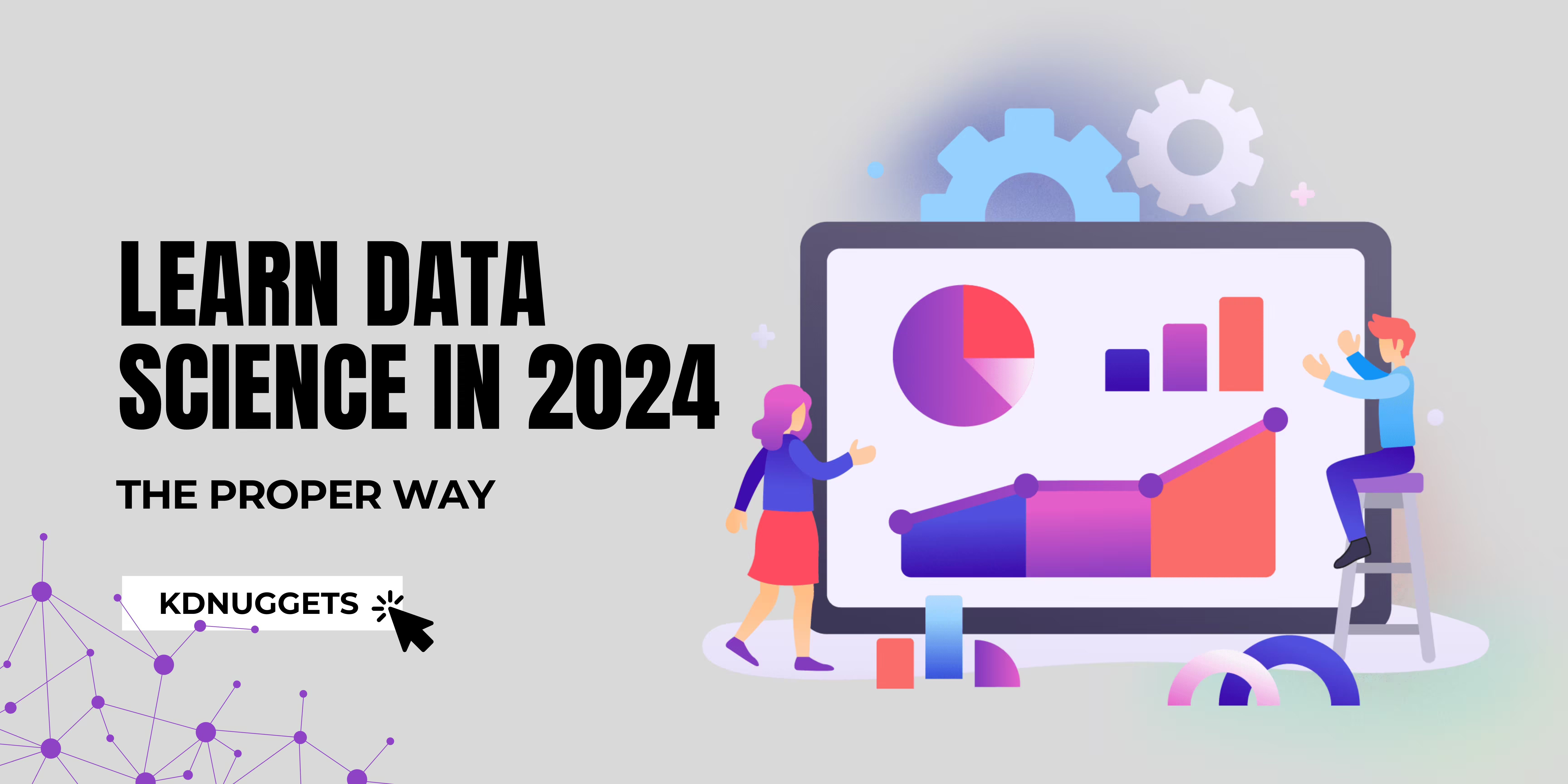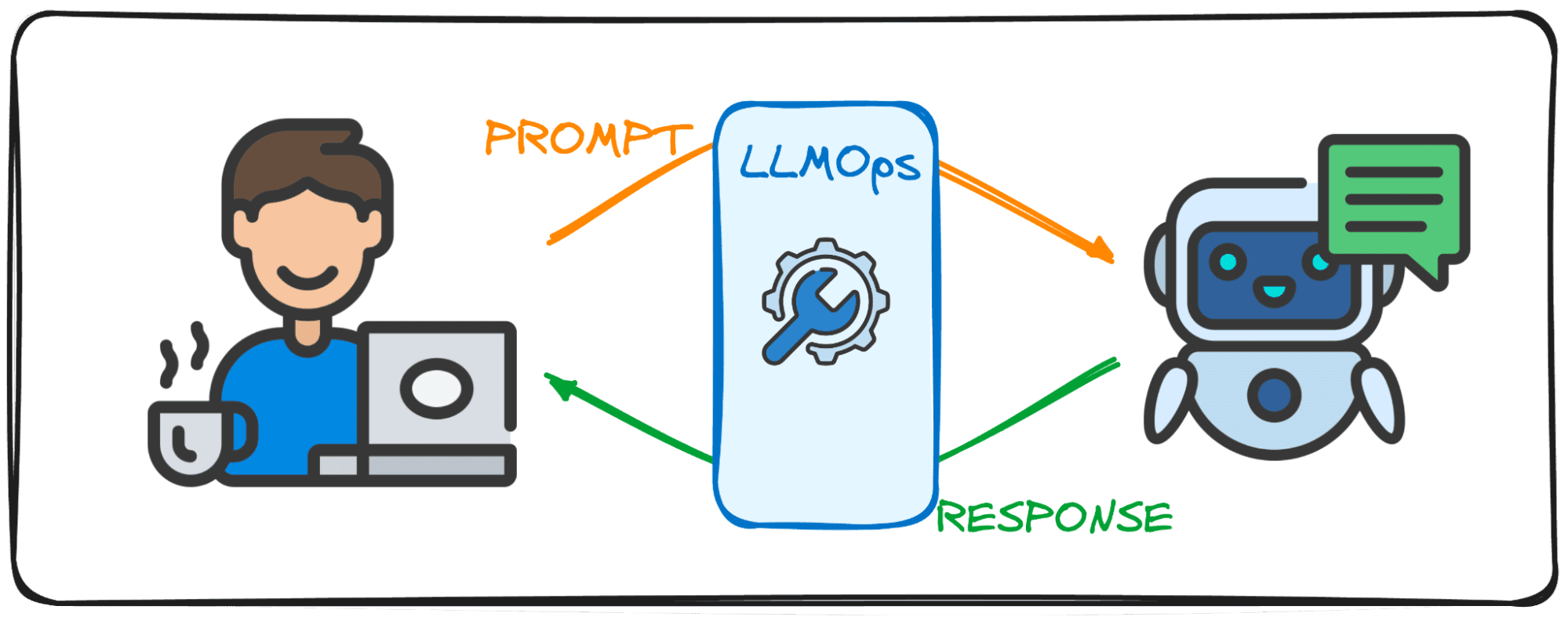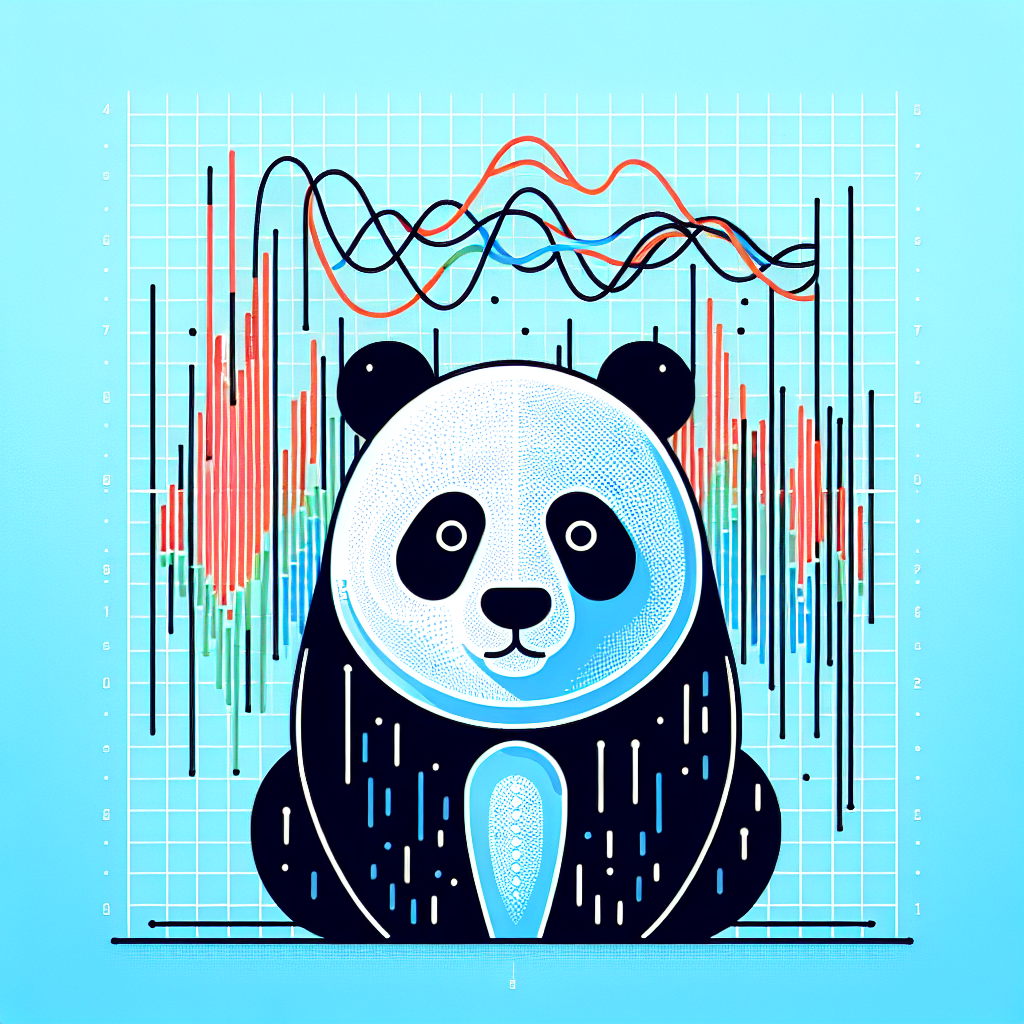In 2019, I enrolled in a Data Science Bootcamp, and to be honest, I was quite unfamiliar with the tech world. The only consistent advice I received from seasoned professionals was to pursue either data science or software engineering. Software engineering seemed daunting, so I chose data science.
I landed my first data science job in 2020, and it was both fun and exhilarating. Fast forward to 2024, with the rise of generative AI, I find myself reflecting on how fortunate I was. I entered a less competitive field—a time when massive salaries and flexible work locations weren’t the norm.
Today, companies are fiercely competing to stay ahead, spending lavishly to hire data scientists who can add value. Not only are you competing with thousands of others seeking remote work and high pay, but you’re also up against generative AI, which can perform your tasks at a fraction of the cost.
Sounds daunting, right?
If you’re considering a career in data science, you might be wondering if it’s still worth it. How can you navigate these challenges?
In this blog, I’ll outline a roadmap for learning data science in 2024.
What Skills Does a Data Scientist Need?
Before diving into the roadmap, let’s discuss the skills you need.
Hard Skills
Here are the technical skills you’ll need to become a successful data scientist:
- Python
- R
- Statistics and Mathematics
- SQL and NoSQL
- Data Visualization
- Machine Learning
- Deep Learning
- Natural Language Processing
- Big Data
- Cloud Computing
Soft Skills
These are the interpersonal skills you’ll need to excel as a data scientist:
- Problem Solving
- Critical Thinking
- Communication
- Storytelling
- Business Acumen
- Teamwork
Data Science Roadmap
Programming Fundamentals
Your data science journey begins with learning programming basics. This can be intimidating as you enter a new world and learn a new language, but it’s crucial for making sense of everything else.
Here’s a recommended course: Learn to Program: The Fundamentals.
Data Management
The core reason for becoming a data scientist is your interest in data value. You’ll spend time cleaning data, understanding it, and using insights for data-driven decisions.
Here’s a recommended course: HarvardX: Data Science: Wrangling.
Data Visualization
Once you’ve cleaned and transformed data, the next step is visualization to support or argue your hypothesis.
Here’s a recommended course: IBM: Visualizing Data with Python.
Math, Probability, Statistics
Understanding data science through math is powerful. Many courses skip this, but it’s foundational.
Here’s a recommended series: Mathematics for Machine Learning and Data Science Specialization.
Machine Learning
Machine learning is the next phase, allowing you to discover complex patterns and relationships in data.
Here’s a recommended course: Machine Learning Specialization.
Deep Learning
Deep learning, a subset of machine learning, trains computers for human-like tasks.
Here’s a recommended course: Deep Learning Specialization.
Generative AI
In 2024, staying competitive means leveraging generative AI tools rather than viewing them as threats.
Learn about PandasAI and integrate it into your skillset.
Conclusion
I hope this blog has guided you on navigating a data science career amid competition from both fellow data scientists and generative AI tools. If you’re an experienced data scientist with advice, share it in the comments below!
Nisha Arya is a data scientist, freelance technical writer, and community editor for KDnuggets. She is passionate about offering career advice, data science tutorials, and exploring how AI can enhance human longevity. Nisha is eager to expand her technical knowledge and writing skills while helping others.



